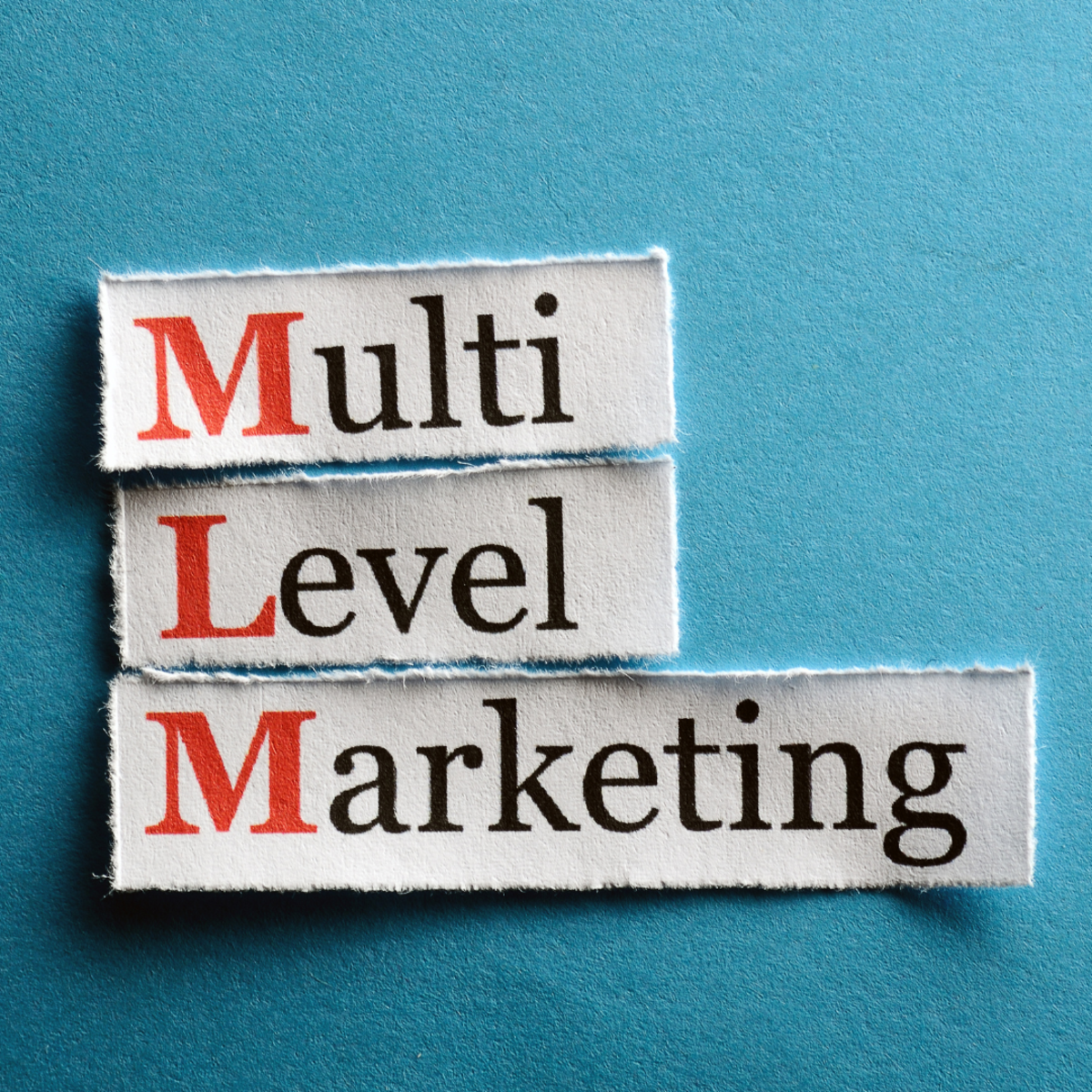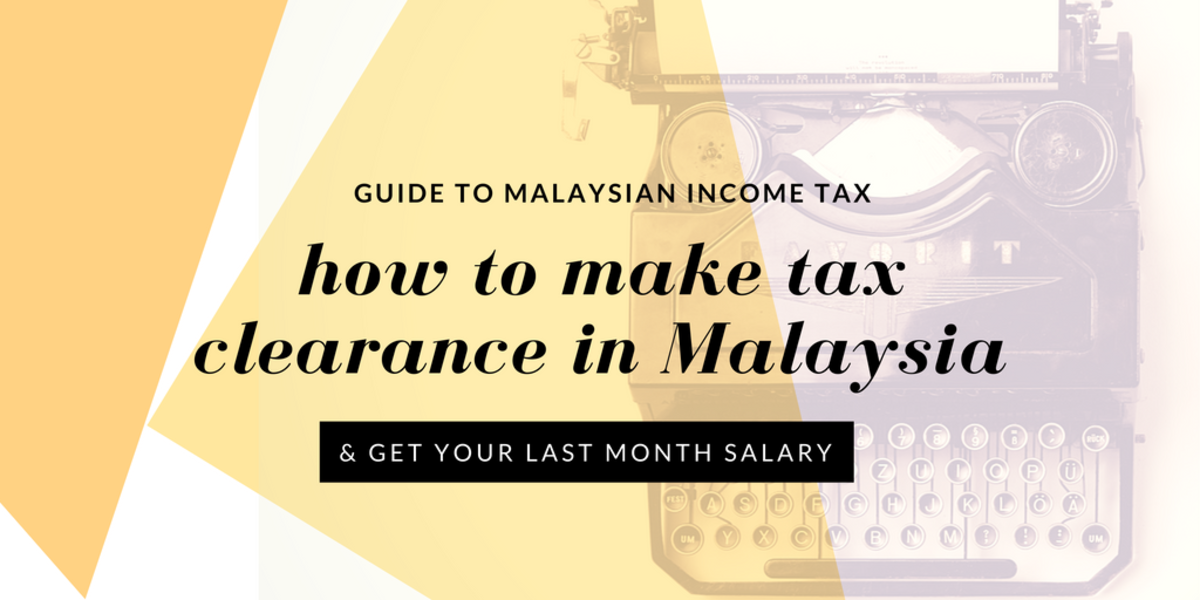Tax Saving Schemes
Tax Saving Schemes
Taxation laws in many jurisdictions provide for legal means of saving the amount of tax due. This is referred to as tax avoidance. Tax avoidance is legal but tax evasion is illegal. Tax saving schemes should therefore be based on what is legal only.
There are also two modes of taxes: namely direct and indirect, where such schemes can be applied. They can also be applied as corporate tax or individual tax. Such schemes will involve the determination of taxable income, allowable deductions in arriving at taxable income, various tax reliefs or tax breaks available in law, and the timing of when such taxes become due.
Where tax saving schemes involve taxable income, they are applied in the ascertainment of income, personal or corporate relief, rate of chargeable tax, allowable and dis-allowable deductions.
Tax authorities define what taxable income is. This can apply to direct or indirect tax. In such cases a tax saving scheme will ensure that income does not qualify as taxable income, or it is a percentage of the total tax. Where this involves direct or personal tax, the scheme will ensure either the income is exempt, or the rate applicable is at the lowest. They will ensure that the reliefs applicable are of the highest rate. Thus the amount of tax that will be due will be lower because either the income earned does not qualify or the rate applicable is at the lowest.
Similar levels of incomes could also enjoy different rates of tax if they are settled without deducting certain expenses. Lower rates of tax could also be applicable to the same income, if certain specified conditions are met. Tax saving schemes identify such circumstances.
There are provisions for certain expenses to be allowable deductions in arriving at taxable income. A tax saving scheme is one that maximizes on the amount deductions that are allowable. There are expenses that will qualify to be deducted in full and others which will not be fully deductible. The best scheme is one that maximizes on the deductible amount of expenses.
Tax saving schemes can also involve the time when the tax is paid. Tax could be saved by being paid immediately, or tax benefits are enjoyed at a later date. The rate of tax charged could also be affected by the time it is paid. Penalties are charged for late payment and deductions allowed for prompt payment. Tax saving schemes will therefore take into consideration the financial ability of the taxpayer at specific times.
Administrative issues may also be taken into consideration in planning for a tax saving scheme. Schemes that are cumbersome may result in higher administrative cost hence the saving may not be worthwhile.
On the whole, therefore a tax saving scheme should aim to minimize the amount of tax paid, and without administrative difficulties to the tax authority and the tax payer. Priority being given to schemes that are easier to claim and whose results are readily available to the tax payer and will not involve complex computations and collection of data.
How to Minimize Taxable Income
All tax systems use income as the base for determining the tax due. Income being defined as earnings, profits or wealth accruing to an individual or corporate person.
Income mainly accrues from business, employment, rent, interest earned, and commission and, dividends .Various tax authorities in different jurisdictions define what constitutes taxable income.
Tax authorities could also give exemptions to certain incomes to stimulate certain sectors of the economy. For example income from agricultural employment could be taxed at a lower rate in order to encourage people to engage in agriculture. Tax from certain forms of interest could also be lower to encourage people to save, and thus stimulate investment.
In times of economic distress or recession, income from employment could be subjected to lower rates of tax and certain sectors of the economy made attractive to investors by making incomes earned from them exempt from of tax through tax holidays.
Incomes from pension funds, building societies investment in stocks and shares may be subjected to a special rate to stimulate growth and not necessarily as a source of revenue for a government. Tax saving schemes should advantage such provisions.
Income from inheritance may also attract a higher rate to encourage people to engage in productive activity and not rely on inherited wealth for their up keep. A person who inherits income will therefore need to be aware of how to invest to avoid paying higher taxes.
In certain circumstances certain benefits like provision of a company car, payment for domestic servants and/ or payment of utilities by the employer are deemed as income. The employees who enjoy such benefits will be taxed like they have been given cash equivalents.
Employers could be encouraged to pay for the medical care of their employee by not taxing medical allowances given to their staff. Conversely the tax authorities ensure that taxes are not avoided by giving hefty housing allowances, by taxing such allowances as actual income received by the employee.
Employees could also be taxed on payment made in kind to them for example where the employer pays for club membership, holiday, leave passage, furniture, and kitchen equipment to their employees.
Company owners may be deemed to have received taxable income where the company does not declare dividends even when profits have been made. This is a method of retaining profits in the company for investments without making actual payments to the shareholders so that they can be taxed on their dividend income.
Income from professional and management services could also be subject to tax .Therefore doctors, dentists, engineers, accountants, and professionals athletes will be taxed on their income, whereas wind fall gains from vocations may not be taxed as income.
Many tax authorities, however, rely on the individual to declare their incomes, and expect them to justify the taxes that they have remitted. So the onus of proof on whether an item is taxable will rest on the tax payer. It is therefore, important, to know what is exempt, has lower rate of tax, or fully taxable when determining a tax saving scheme based on income.
How to Maximize Allowable Deductions
There are taxes that are levied on profits, house rents, property, net income, inheritance and gifts. Tax regimes allow deductions of expenses incurred to generate the taxable amounts. Tax saving schemes that maximize allowable deductions will result in lower taxes, because the tax authorities allow for the deductions if it can be shown they were incurred to generate the income being taxed.
Tax on profits can be minimized by maximizing allowable expenditure on capital equipment, machinery, and furniture and equipment. Investment decisions, therefore, are made on projects that attract maximum allowable deductions. For example investments in certain jurisdictions or zones could allow deductions of capital expenditure and wear and tear on machinery and equipment.
Expenditure on research and development, and mining could also be allowed in full to encourage growth of some sectors of industry. Industries that utilize technology that does not cause environmental pollution (green technology) could also attract higher allowances while those that use technology with a high degree of environmental pollutants are penalized by being granted lower allowable deductions. Additional allowances could also be granted to industries that produce for the export markets.
Tax on house rents could also attract maximum deductions if they are of a specific nature, for example if the building is used for industrial purposes. Legal and professional expenditure incurred before the construction on the houses could also be allowed. Repairs and maintenance on houses that generate taxable rent may allowable in full depending on the jurisdiction. A certain percentage of interest could also be allowed if it is shown that the house was financed on loan.
Taxes could levied on idle land without any allowances but expenditure on land development like farm houses and farm works being granted full allowances , to discourage land speculation and stimulate agriculture. The allowable deduction could therefore be available to the tenant who develops the land but not to the land owner.
Taxes that are levied on net income will include employment, interest, commissions with specific reimbursement of expenses incurred to obtain that income. Tax saving schemes in this case therefore, may not be available in the form of allowable deductions, especially where the income is in cash and cash emoluments.
Taxes on income from inheritance and gifts to people who inherit benefits from deceased persons have minimal allowable deductions. These are taxes upon transference of property from the dead to the living. The recipient receives resources which were clearly earned by another person hence they cannot show that they incurred any expenditure to earn that income. In such cases the recipient may only be allowed expenses if they invested the funds which they have acquired from inheritance. The cost of incurred in investing such funds, however, can be allowable deductions. Where they have inherited property, the cost of maintaining that property so that it can earn income may also be allowable deductions. This may include repairs and maintenance, legal and professional fees incurred by the recipients.
If the beneficiaries formed an investment company and transfer the property to it, they could maximize allowable deductions in the formation costs.
Tax saving schemes differ from jurisdiction to jurisdiction and the prudent way to go about it is to seek the services of a Tax Consultant in your area.
Incorporation as a Tax Saving Scheme
Investors can choose different types of ownership structures with the sole objective of saving on tax. Taxation regimes provide different and varied taxation rules for sole proprietorship, partnership and incorporated companies. It may be also critical to familiarize oneself with taxation laws of diverse nature, especially countries that are regarded as tax havens.
Incorporation as a limited company therefore provides tax benefits which are not available to proprietorships and partnerships. A limited company is allowed to deduct different expenses which are not allowed to individuals and partnerships. Whereas the expenses may be similar, the proof that they were incurred to produce taxable income is less stringent for incorporated companies. For example sales promotion expenses like gifts, entertainment, to prospective customers would be more difficult in a proprietorship than in a limited company.
The interest charged to finance working capital requirements is readily allowable to a limited company while individuals and partnerships may be required for prove that the funds were not utilized for personal benefits ,and that they were wholly and exclusively incurred in the production of taxable income.
Partnerships and sole proprietorships must provide adequate proof to the taxman, that travelling, motor vehicle expenses and hotel accommodation were wholly and exclusively incurred in the production of taxable income, any part that may be attributable for personal use is disallowable. This requires careful and usually tedious apportionment of expenses incurred in the determination of taxable amounts.
Lower rates of taxes are, in some cases, applicable to limited companies than to individuals and partnerships. For example in some countries ,incorporated companies dealing in property investments enjoy lower tax rates to capital gains on property disposals, than those available to partnerships. Partnerships and individuals also are charged higher rates of Stamp Duty than individuals, in property transactions than limited companies. This creates considerable saving in purchasing property through a property investment company than as an individual or a partnership.
Companies can be incorporated in countries that are tax havens and enjoy tax benefits by being treated as resident in those countries. Individuals and partnerships would have to spend a certain number of days within such countries to qualify for such lower rates. This means that they would have to spend large travelling and accommodation costs than if they were a locally incorporated company. This interferes and interrupts the lifestyle of individuals, in striving to attain residential status to maximize in the tax benefits available in tax havens.
Publicly quoted companies enjoy tax benefits in raising capital that are not available to partnerships and individuals. These are in the form brokerage fees, legal and other professional charges.
On the whole, incorporation gives investors many tax advantages than partnerships and sole-proprietorships. It can, therefore, be used as a tax saving scheme in different countries. In all cases, however, it is important to hire the services of company and tax experts so that the stringent incorporation rules are observed, and to understand under what circumstances and conditions the tax benefits can be maximized.
Timing Differences - A Tax Saving Scheme
Income taxes represent cash disbursements and can influence the amount and timing of cash flow and can therefore affect the financial position of the tax payer. Decisions on tax saving schemes should therefore take into consideration the timing of tax disbursements.
Capital budgeting and project appraisals should incorporate the tax element. Since most capital budgeting decisions involve a consideration of cash flows in the future, it is feasible to incorporate capital budgeting to benefit from capital deduction and loss carry forwards.
Financing decisions also have an effect because debt expense is an allowable deduction, while equity financing does not enjoy any tax advantage in most jurisdictions.
Certain allowances for wear and tear deductions and investment allowances are based on a reducing balance basis. This ensures that a higher deduction is made in the period when the investment is made. It is therefore possible to accumulate tax saving because most investments will not make profits on inception. The losses that are incurred in the earlier periods are offset against future tax profits. If firms therefore are allowed to carry on losses from one year to the other, then over a number of years tax liability may be reduced and firms acquire greater resources for investment.
Where there are taxes are levied on the products like value added tax, and the taxpayer pays the tax after the sale of the product, holding stocks will have an effect on the cash resources available. Where taxes are levied on raw materials and other inputs the cost of financing production is heavier and must be incurred before the sale, hence requiring a higher portion of the tax burden to be carried by the manufacturer. Taxes like value added tax and excise duties require taxpayers to maintain elaborate records which may be expensive to maintain especially for smaller firms.
Where producers receive compensation or rebates on exportation, such a tax regime will have an effect on working capital.
Tax regimes are structured to encourage payment of taxes when they fall due. There are normally penalties and fines for late payment. If a taxpayer does not have adequate cash flows, penalties may be levied for late payment and these would not be allowable expenses in arriving at the tax due.
Corporate income is subjected to double taxation in most jurisdictions. First, it is taxed as income on the entity, and secondly as dividend income of the shareholders. If cash dividends are not paid to the shareholders, this may reduce the tax due, but a heavy cash dividend will imply an equally heavy tax burden on the recipients of dividend income. The timing of dividends therefore has an effect on the cash position of the firm and its shareholders.
Back – duty is tax assessed on tax arrears. These can occur due to negligence, ignorance or fraud. These can have a drastic effect on the cash flow of an enterprise which may be found liable .Tax saving schemes should therefore take into consideration the effect of tax arrears especially where business is changing ownership.
Tax Saving Schemes by Kimkay is licensed under a Creative Commons Attribution-Noncommercial-No Derivative Works 3.0 United States License.
Based on a work at hubpages.com.
Need to Hire a Tax Consultant?
- Elance | Outsource to freelance professionals, experts, and consultants - Get work done on Elance
Outsource to expert accountants, programmers, designers, writers, translators, marketers, researchers and admin contractors with tested skills.








